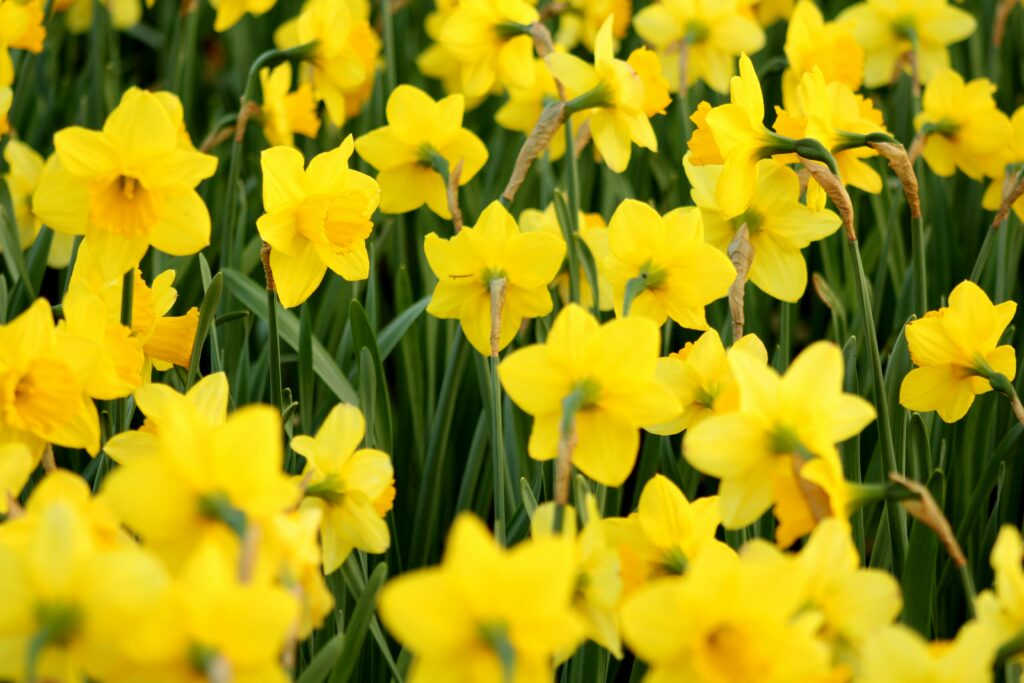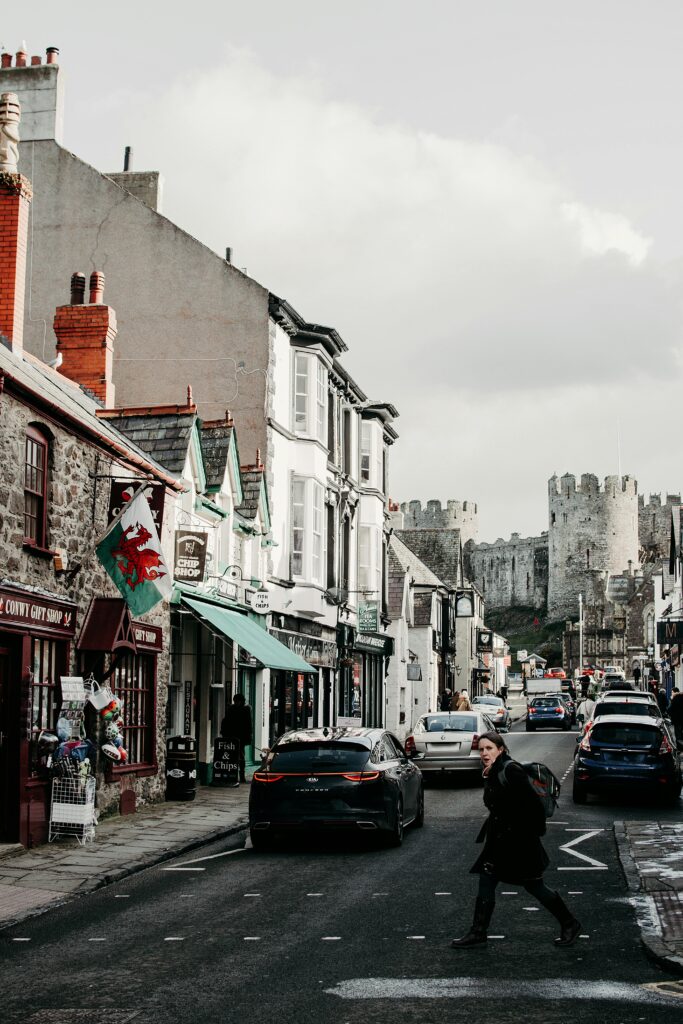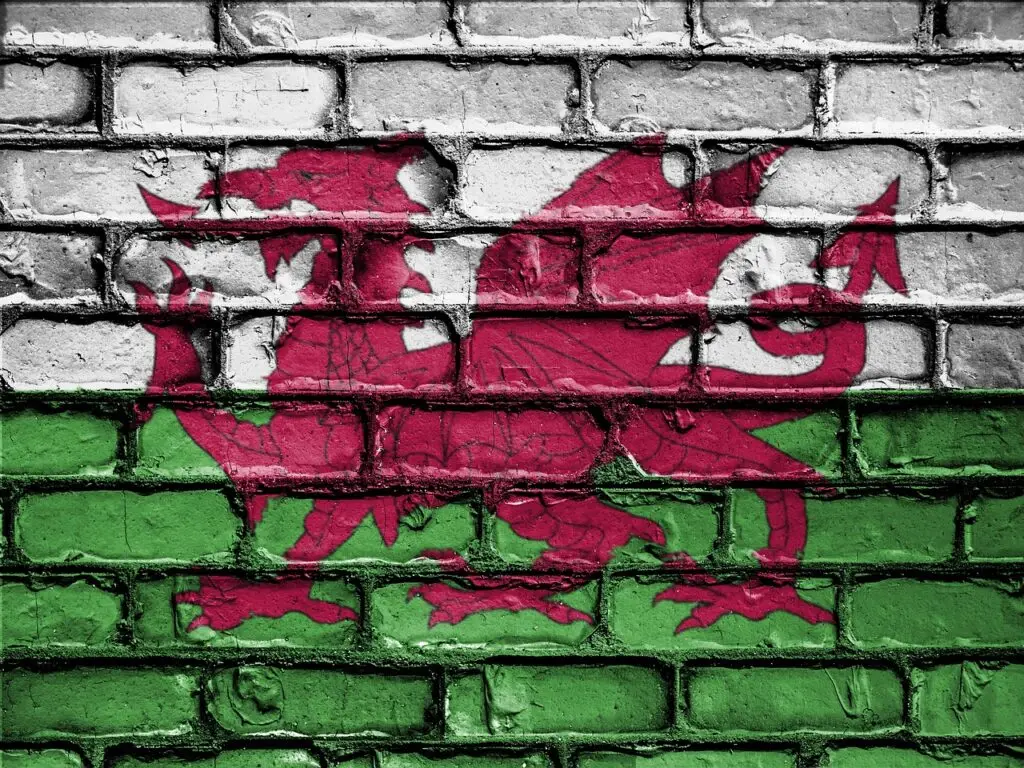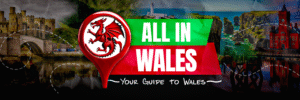
Welsh Words and Phrases


Discover the melodic charm of Welsh (Cymraeg) – from heartwarming words like ‘cwtch’ to poetic phrases that capture emotions English simply cannot express.
Quick Summary: Essential Welsh Words & Phrases
- Cwtch – A hug that means safety, warmth, and love all in one
- Hiraeth – A deep longing for home that goes beyond simple homesickness
- Hwyl – The enthusiastic spirit and passion that drives Welsh culture
- Ling di long – The art of wandering without purpose or time constraints
- Cenedl heb iaith, cenedl heb galon – “A nation without a language is a nation without a heart”
Why Welsh Is Called the Language of Song
Cymru Am Byth! The Welsh language flows like music, creating a natural melody that makes everyday conversation sound like poetry. There’s a compelling reason Wales earned its reputation as the “Land of Song” – our words literally make speakers sound like they’re singing.
Welsh offers an extraordinary collection of words and phrases that capture emotions, experiences, and concepts that English struggles to express. From ancient proverbs filled with wisdom to playful terms that bring smiles, the Welsh language connects speakers to a rich cultural heritage spanning over 1,400 years.
Beautiful Welsh Words That Express Deep Emotions
Cwtch – More Than Just a Hug
Perhaps Wales’ most beloved export, “cwtch” transcends simple translation. While it means “hug” or “cuddle,” cwtch encompasses love, embrace, warmth, and deep affection. It also describes a safe storage space – like a cubbyhole – creating a beautiful parallel between physical and emotional safety.
Hiraeth – The Untranslatable Longing
Often called “homesickness,” hiraeth captures something far more profound: a soul-deep yearning for a place where you belong, nostalgia for what once was, and the bittersweet ache of temporal distance from home.
Hwyl – Pure Welsh Passion
Similar to the Irish “craic,” hwyl embodies stirring sensation, fervor, emotion, and infectious enthusiasm. It’s the spirit you feel during a rugby match or the energy that flows through Welsh male voice choirs.
Playful and Practical Welsh Words
Nature and Animals
- Pili Pala (pil-ee pal-ah) – Butterfly
- Buwch goch gota – Ladybird (literally “little red cow”)
- Gwdihŵ (good-ee-hoo) – Owl (sounds like an owl’s hoot!)
Everyday Expressions
- Ling di long – Casual wandering without time constraints
- Iechyd Da – Cheers (literally “good health”)
- Dwt (rhymes with “put”) – Something cute, sweet, and small
- Ych-af-i – Utterly disgusting or gross
Food and Modern Life
- Sglodion (sglod-yon) – Chips
- Spigoglys (spig-ogg-liss) – Spinach
- Meicrodon (micro-don) – Microwave
- Llond fy mol – Full (after eating)
Whimsical Welsh Phrases
Dros ben llestri
Meaning “over the top” or excessive, this phrase literally translates to “over the dishes” – a charming way to describe something beyond reasonable limits.
Wnco mwnco and Onco fonco
These playful phrases mean “him over there” (oon-core moon-core) and “her over there” (oncore von-core), proving Welsh can be both practical and fun.
Bwbach – The Welsh Trickster
Pronounced “boo-bach,” this word describes both a “little scare” and the mythical household hobgoblins who help with chores in exchange for cream – though they occasionally play pranks.
English Words That Mean Something Different in Wales
When you cross the Welsh border, familiar English words take on entirely new meanings:
- Tidy – Good or excellent (not neat and organized)
- Lush – Very nice (not describing vegetation)
- Pop – Any fizzy or soft drink
- Tea – Dinner or evening meal
- Butt – Friend or mate
- Now – At some point in the future (not immediately)
- Buzzing – Unpleasant or annoying (not excited)
The Cultural Heart of Welsh Language
The famous Welsh proverb “Cenedl heb iaith, cenedl heb galon” (ken-edl heb yayth, kenedl heb gal-on) translates to “a nation without a language is a nation without a heart.” This saying encapsulates why preserving and celebrating Welsh matters – language carries the soul of a culture.
Welsh continues to thrive as both a daily communication tool and a vessel for cultural identity. Whether you’re enjoying a coracle ride on a Welsh lake, sampling local ales while saying “Iechyd Da,” or simply appreciating the melodic quality of Welsh place names, you’re experiencing a linguistic tradition that connects modern Wales to its ancient Celtic roots.
Definitions and Key Terms
Cymraeg – The Welsh name for the Welsh language
Cymru – Wales in Welsh
Cymru Am Byth – “Wales Forever” – a patriotic Welsh phrase
Coracle – Traditional small, round wicker boat used in Wales
Tafarn – Welsh pub or tavern
Celtic Languages – Language family including Welsh, Irish Gaelic, Scottish Gaelic, Breton, Cornish, and Manx
Frequently Asked Questions About Welsh Language
What makes Welsh sound so musical?
Welsh phonetics create natural rhythm and melody through vowel-rich words, flowing consonant combinations, and tonal patterns that resemble singing. The abundance of ‘w’ and ‘y’ vowels, plus distinctive ‘ll’ and ‘ch’ sounds, give Welsh its characteristic musicality.
How old is the Welsh language?
Welsh evolved from Brythonic Celtic and has been spoken in Wales for over 1,400 years. It’s one of Europe’s oldest living languages, with literary traditions dating back to the 6th century.
How many people speak Welsh today?
Approximately 870,000 people speak Welsh, with about 29% of Wales’ population having some Welsh language ability. The language enjoys official status alongside English in Wales.
What does “cwtch” really mean?
Cwtch combines the physical act of hugging with emotional concepts of safety, warmth, and belonging. It can describe both an affectionate embrace and a cozy, safe space – making it uniquely Welsh in its dual meaning.
Why is hiraeth considered untranslatable?
Hiraeth encompasses homesickness, nostalgia, longing, and spiritual connection to place simultaneously. No single English word captures this complex emotional state that combines temporal and spatial yearning.
Are Welsh words difficult to pronounce?
While Welsh spelling differs from English, it follows consistent phonetic rules. Once you learn that ‘w’ and ‘y’ are vowels, ‘ll’ sounds like ‘thl’, and ‘ch’ is like the Scottish ‘loch’, pronunciation becomes more straightforward.
What’s the difference between Welsh English dialect and Welsh language?
Welsh English refers to how English is spoken in Wales, including unique vocabulary and phrases. The Welsh language (Cymraeg) is a completely separate Celtic language with its own grammar, vocabulary, and structure.
How do you say “thank you” in Welsh?
“Diolch” (dee-olkh) means “thank you,” while “diolch yn fawr” (dee-olkh un vow-r) means “thank you very much.”
What does “Cymru Am Byth” mean?
“Cymru Am Byth” translates to “Wales Forever” and serves as a patriotic rallying cry expressing eternal love for Wales and Welsh culture.
Can I learn Welsh as an adult?
Absolutely! Many resources exist for adult Welsh learners, including online courses, local classes, and immersion programs. The Welsh government actively supports Welsh language learning through various initiatives.


